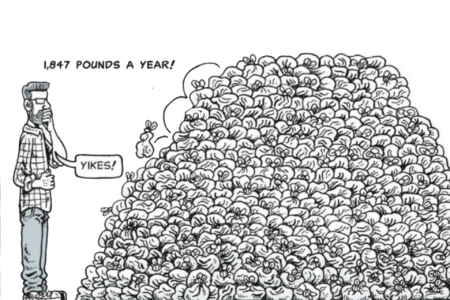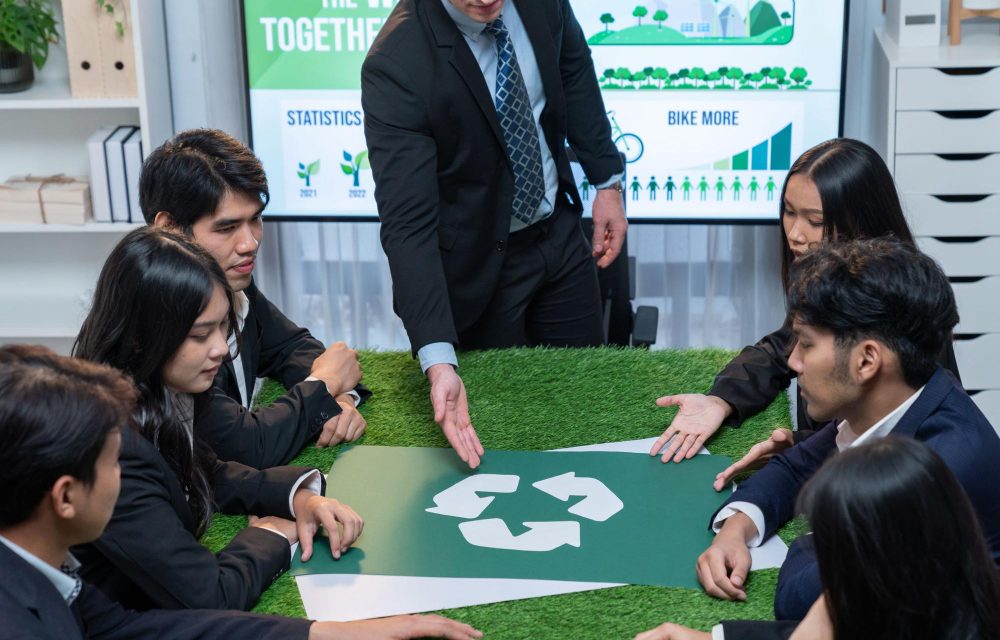
Introduction:
Sustainable waste management plays a crucial role in businesses today, as organizations strive to minimize their environmental impact and contribute to a more sustainable future. This article provides an exploration of sustainable waste management, examining its importance, historical background, key concepts, current trends, case studies, challenges, and future outlooks, highlighting the significance of businesses adopting sustainable waste management practices.
Historical Background:
Over time, waste management practices in businesses have evolved significantly. Initially, waste disposal was often a haphazard process, with little consideration for environmental consequences. However, as environmental awareness grew, businesses began shifting towards more sustainable practices. This transformation was driven by the realization that waste can be viewed as a valuable resource rather than a burden, leading to the adoption of recycling, reuse, and waste reduction techniques.
Key Concepts and Definitions:
Sustainable waste management encompasses various strategies aimed at reducing, recycling, and reusing waste. Waste reduction involves minimizing the production of waste at its source, while recycling involves converting waste materials into usable products. Reuse focuses on utilizing waste materials for alternative purposes, extending their lifespan. Additionally, the concept of a circular economy, where waste is minimized and resources are continually circulated, plays a critical role in waste management efforts.
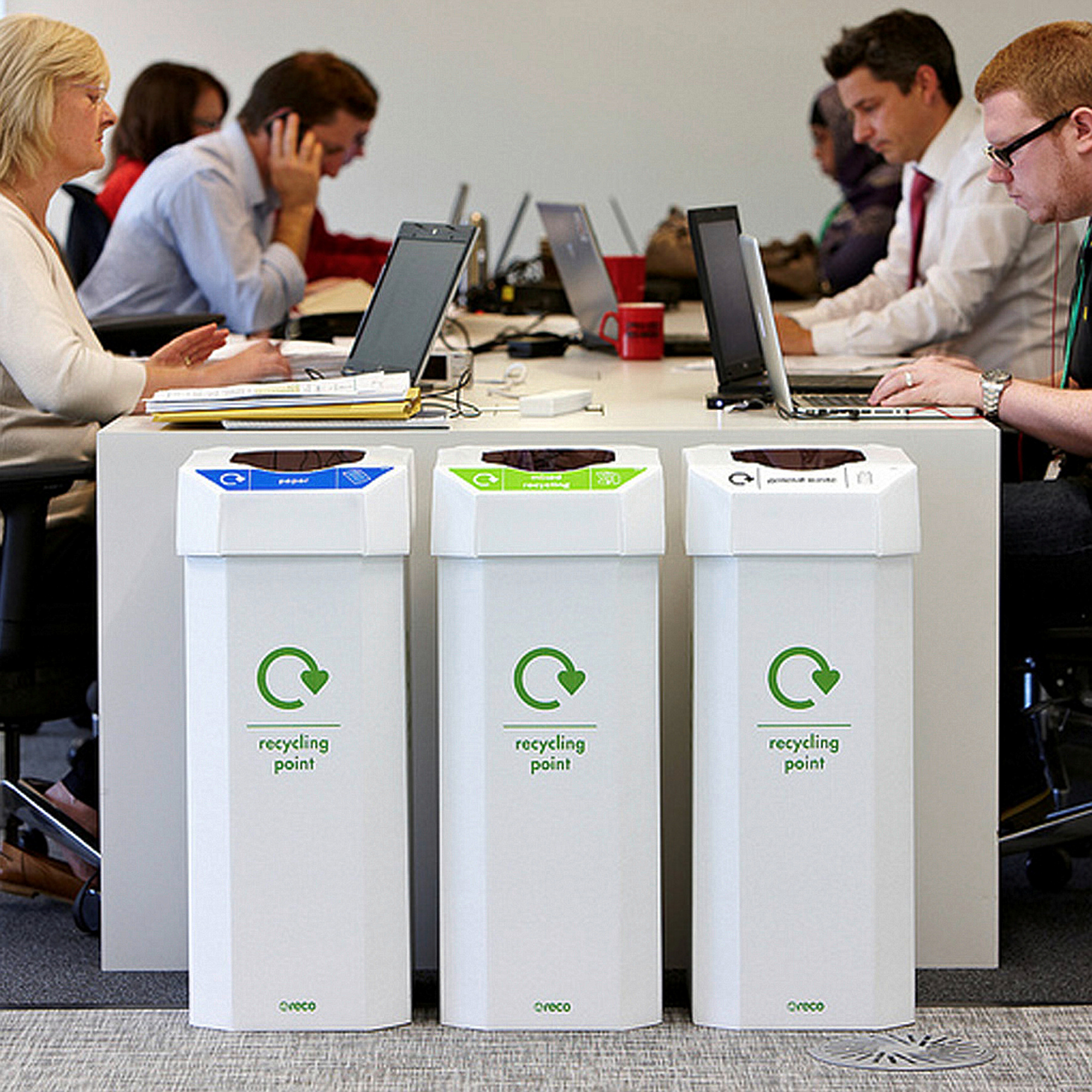
Main Discussion Points:
Waste Audit and Assessment:
Conducting a waste audit is a vital step in implementing sustainable waste management practices. This process involves assessing current waste management practices, identifying areas for improvement, and potential cost savings. By understanding the types and quantities of waste generated, businesses can tailor their waste management strategies to be more efficient and effective.
Implementing Waste Minimization Strategies:
Waste minimization techniques are crucial for businesses aiming to reduce their environmental footprint. Source reduction, product redesign, and packaging optimization are all examples of waste minimization strategies. By implementing these techniques, businesses can significantly reduce waste generation, leading to cost savings and environmental benefits.
Recycling and Waste Diversion:
Recycling programs play a vital role in sustainable waste management. By collecting and processing recyclable materials, businesses can reduce the demand for virgin resources and minimize the energy and environmental impact associated with production. Proper waste segregation and collection systems are essential to ensure the effectiveness of recycling efforts. Additionally, composting and organic waste diversion contribute to waste reduction and the production of valuable compost for agricultural purposes.
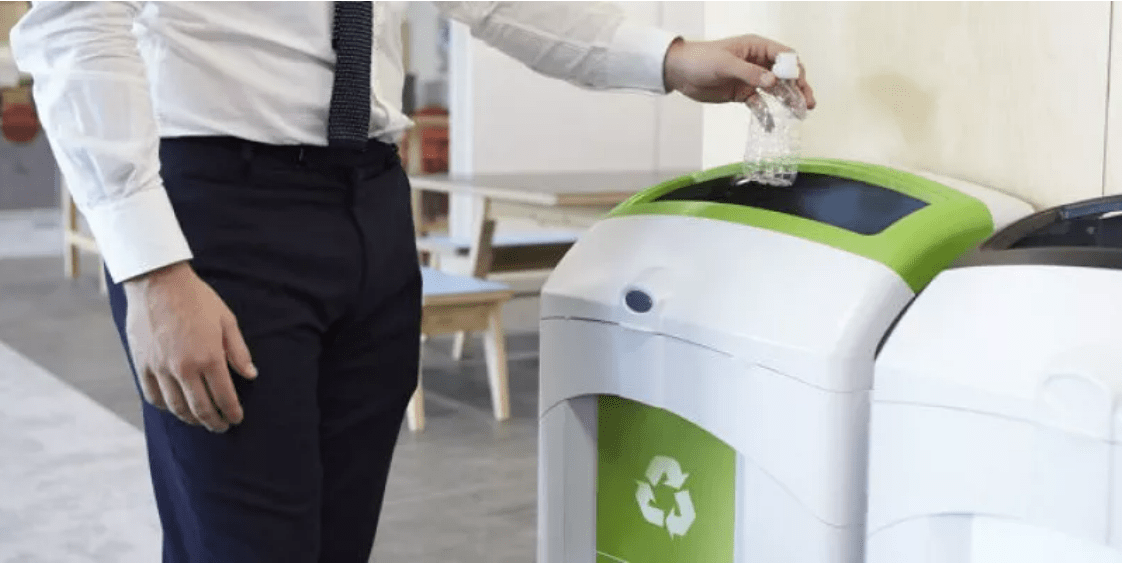
Case Studies or Examples:
Real-world examples of businesses successfully implementing sustainable waste management practices serve as inspiration for others. These case studies highlight the environmental and economic benefits achieved through effective waste management strategies. By showcasing tangible results and sharing best practices, businesses can learn from each other and accelerate their own sustainability efforts.
Current Trends or Developments:
The field of sustainable waste management is continuously evolving. Recent trends include the adoption of advanced technologies that aid waste management efforts, such as smart waste management systems and innovative recycling processes. Research findings also emphasize the positive impact of sustainable waste management on businesses, highlighting the potential for cost savings, improved reputation, and increased customer loyalty.
Challenges or Controversies:
Despite the benefits, businesses face several challenges in implementing sustainable waste management practices. These challenges may include financial constraints, lack of awareness, and resistance to change. Furthermore, controversies surrounding certain waste management practices, such as waste incineration or landfilling, spark debates on their effectiveness and long-term sustainability. Addressing these challenges and controversies is crucial to advancing sustainable waste management.
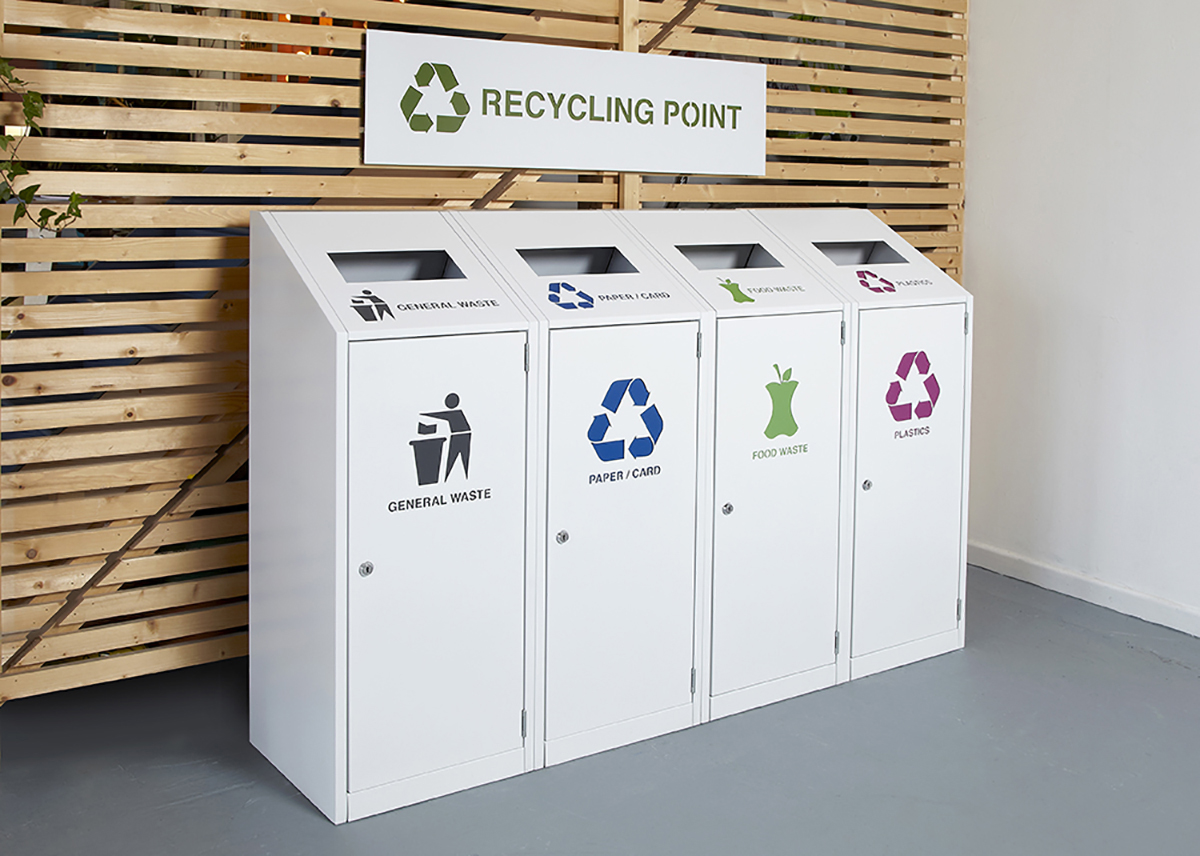
Future Outlook:
The future of sustainable waste management in businesses holds promising prospects. Technological advancements are expected to revolutionize waste management processes, enabling more efficient sorting, recycling, and recovery of valuable resources. Additionally, innovations in waste management technologies, such as anaerobic digestion and chemical recycling, present exciting opportunities for businesses to further reduce their environmental impact. The increasing global focus on sustainability also emphasizes the growing importance of integrating sustainable waste management into business operations.
Conclusion:
In conclusion, sustainable waste management is a crucial consideration for businesses aiming to reduce their environmental impact and contribute to a more sustainable future. By implementing waste audit and waste minimization strategies, promoting recycling and waste diversion, and staying abreast of current trends and developments, businesses can make significant progress towards achieving sustainable waste management goals. The challenges and controversies surrounding waste management practices need to be addressed, and businesses must prioritize sustainability to ensure a better future for both the environment and their own operations.



